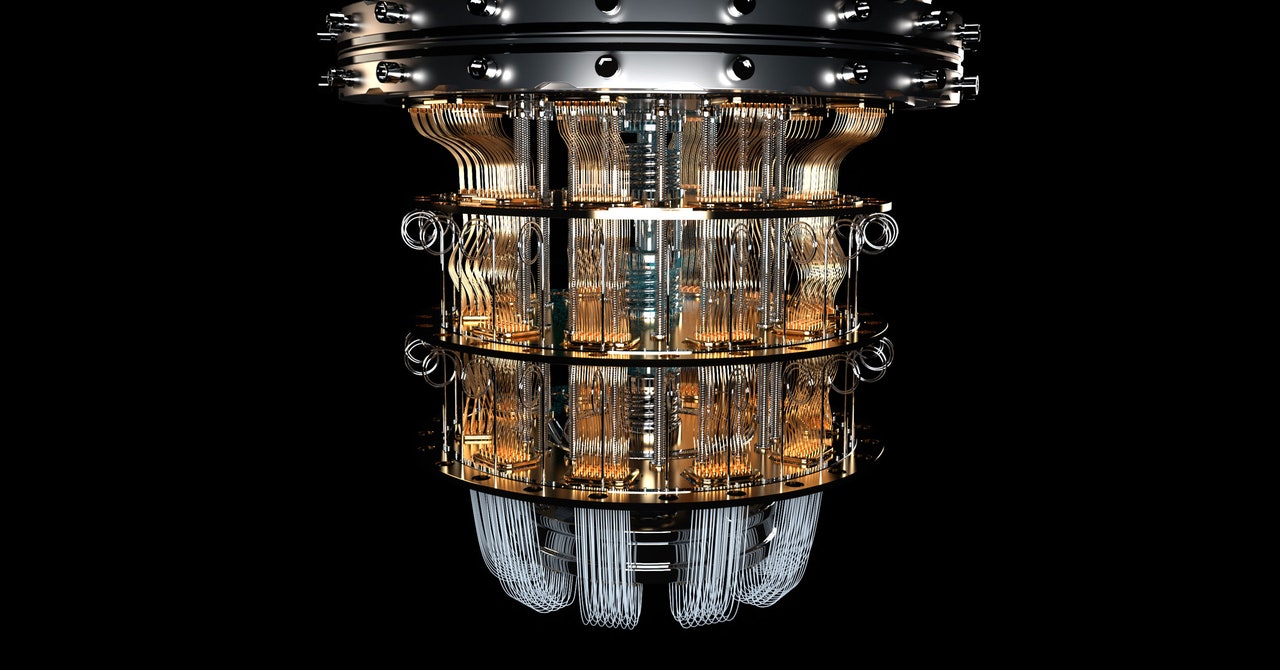
Quantum computers have a huge problem. Or, to be more accurate, lots of incredibly tiny ones. These futuristic devices promise to revolutionize everything from the financial industry to drug discovery by tapping into the power of quantum uncertainty—instead of using bits like your laptop or phone does, quantum computers use qubits, which means they’ll be able to perform certain tasks much more quickly than traditional computers and may be better at simulating natural processes.
Tech giants including Google, Microsoft, and IBM are racing to build quantum devices, but collectively the field is mired in an era known in the business as “noisy-intermediate scale quantum,” or NISQ. Today’s quantum computers are delicate devices that can be thrown off course by the slightest environmental interference: They’re slow, small-scale, and not that accurate, which means that right now they’re kind of useless.
Sabrina Maniscalco is hoping to change that. She is cofounder and CEO of Algorithmiq, one of a handful of startups developing software for the noisy quantum computers we have access to today. “Software and algorithms for near-term devices are key in order to unveil and unlock useful industrial applications,” she says.
The company emerged from research at the University of Helsinki, where Maniscalco is a professor of quantum information, computing, and logic, after stints in South Africa, Edinburgh, and her native Sicily. “It started with us trying to figure out the best applications for these very noisy, early-stage quantum computers,” she says.
They settled on the problem of “noise.” Algorithmiq is developing ways to counteract the noise that afflicts quantum computers: not the whir of a cooling fan, but the tiny environmental changes that can nudge qubits out of a delicate state called superposition. It’s this state—which can be roughly thought of as not 0 or 1, but both at the same time—that makes quantum computers so powerful, but also so difficult to build.
Algorithmiq is figuring out sophisticated methods to model noise and mitigate against it so that early-stage devices can be used for experiments. To begin with, the company is focusing on chemistry simulations—a promising potential use case for quantum computers because they mimic the uncertainty of nature. It’s benchmarking its noise reduction algorithms by simulating molecules such as dichromium—which is simple enough to be simulated with current quantum computers but complex enough to show the power of these devices. Maniscalco says Algorithmiq—which recently announced a partnership with IBM—is planning to apply the same principles to more complex structures in the future, with potential applications that include drug discovery in the pharmaceutical industry. “We think of ourselves as the first quantum biotech company,” she says.
This article was originally published in the January/February 2023 issue of WIRED UK magazine.


